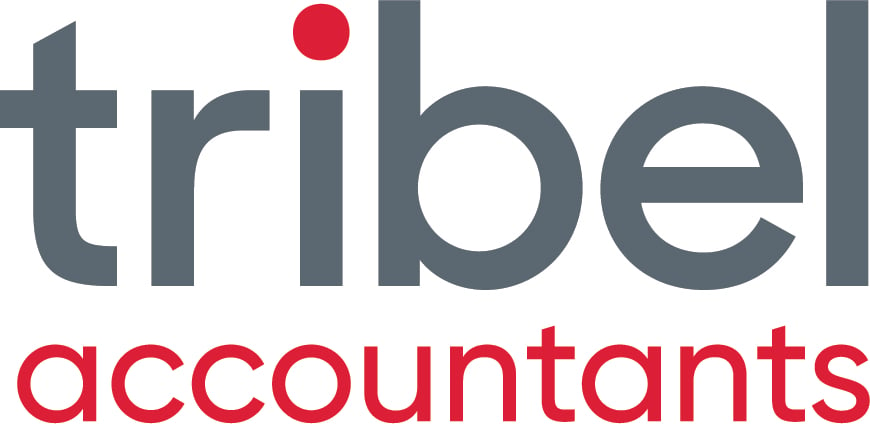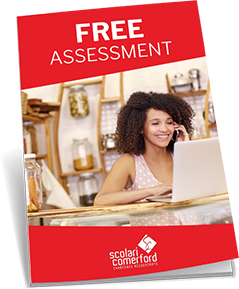INTRODUCTION:
You've done your research. You've looked at businesses to buy. After considering the pros and cons, you've decided that you wish to start a business!
What costs do you need to allow for when doing your cash flow forecasts with your small business accountant?

Figure 1: Starting a new business can be very expensive. Make sure you have enough cash to give it a good chance of success!
1. capital costs
The amount of capital costs will depend on the size of the business. These will include:
- fixtures;
- fitout;
- leasing premises;
- furniture & fittings;
- plant & equipment;
- motor vehicles.
2. establishment fees
These will include:
- legal fees;
- advice from a small business accountant;
- website;
- business name;
- stationery;
- structure costs (e.g. shelf company or trust);
- logo design;
- registrations & permits.

Figure 2: Will you be renting or building new premises?
3. initial operating expenses
When formulating your three way budget(cash flow forecast), you will need to ensure you have enough working capital so you can afford:
- stock;
- overheads;
- wages;
- insurance;
- light & power;
- internet & phone;
- rent;
- interest & principal on loans.
Depending on the type of business it may take some time before you receive any payments you get for goods or services you sell so your cash flow forecast will need to reflect this. Most small business accountants Sydney & Dubbo can assist you with this task.
4. personal living expenses
When the business starts, you need to ensure that you have monies set aside so you can cover any personal expenses such as food, mortgage repayments and any other normal living costs.

Figure 3: Make sure you do your homework before you commence your business!
5. estimating costs
It's always better to be conservative with your estimates. In other words, overestimate your costs rather than underestimate them.
You will need to sit down and source quotes from all sorts of suppliers so that you can perform your 3 way budget.
It's often a good idea to allow for any unforeseen costs (say 10%) to 'sundry expenses' as you can bet your life these will turn up somewhere.
Once you've sat down and worked out all of your likely costs and cash flow needs, you will be in a much better position to decide how you will finance it. Could it be from the bank in terms of a loan, overdraft or equipment mortgage? You might be redrawing against your home loan or you may have saved up before you started. If you are unsure, seek help from your small business accountant Sydney & Dubbo.
CONCLUSION:
Before you commence any business, you must work out what your start up costs will be and allow for any working capital or you may run out of cash soon after you start and have to close the business even though it has a good chance of being very profitable.
Whilst you don't want to waste any capital you may have raised to get the business motoring, you also don't want to waste the amount you've invested if it was never enough to get it going in the first place!


.png?width=100&height=100&name=COVID_Safe_Badge_Digital%20(002).png)




